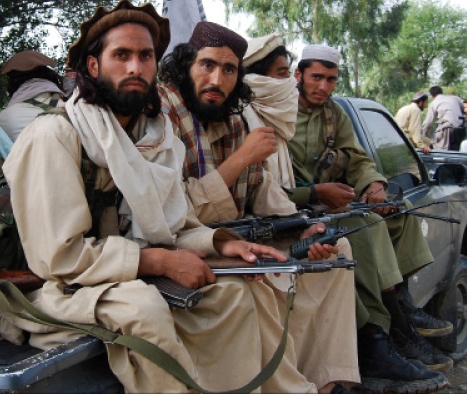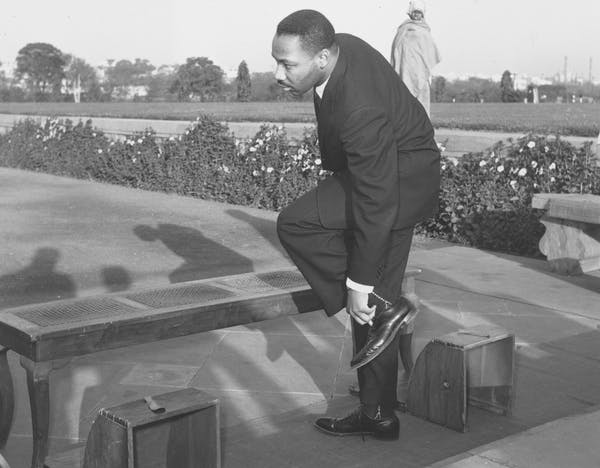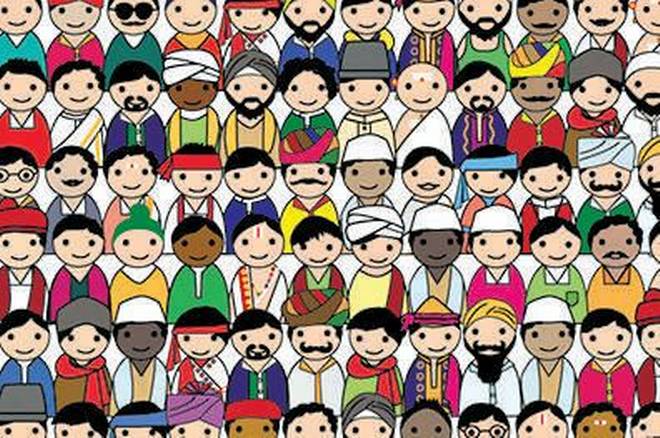
COVID-19 cases have reached to a global toll of almost 861,000 and killed over 42,000 people across the world according to the data compiled by the Johns Hopkins University.
As a measure to contain and control the outbreak and ensure that no more people get infected by it, authorities across the world are insisting on social distancing and some are even resorting to unprecedented tactics to try and slow down the spread of COVID-19.
In India, police has resorted to beating up people brutally for not following the curfew like restrictions and for not maintaining the protocols around social distancing. Some police personnel have gone to the extent of publicly humiliating the violators by asking them to do squats, push-ups and crawl on the street as a form of punishment.
A police inspector also recorded a video of himself writing on a violator’s forehead, “I have violated lockdown restrictions, keep away from me.” While action has been taken against the police officer who had been posted in Madhya Pradesh, the video has been doing well on social media and has invited extreme reactions from people.
The police in South Africa is also forcing the violators to roll on the roads, get kicked by others and face extreme moments of ridicule on the streets as punishments for daring to violate the norms around social distancing. The police are asking people to perform squats, is indiscriminately using water canons against people and is firing rubber bullets in the city’s poorest parts. Heavily armed police officers are storming apartments and checking whether residents are abiding by the lockdown in which the sale of alcohol and cigarettes in banned.
Even the authorities in Philippines are resorting to extreme measure and have been accused by the Human Rights Watch for arresting hundreds of people who have not followed the rules of the curfew, social distancing and quarantine. Punishments in Philippines include public shaming, abuse, putting young people in dog cages and compelling people to sit under the scorching sun.
While social distancing and abiding by the rules of the authority are extremely important measures that we must follow to save ourselves and the world, we also cannot ignore the fact that the growing cruelty and harshness unleashed by the authorities can often go against the human daintily of the violators and even innocent populations which are unable to practice social distancing due to overcrowded conditions or financial insecurities. For prolonged periods of time we will be needing mass compliance but this does not mean that the discrete usage of coercive measures alone will do the job.
While a lot of countries have resorted to violence in an attempt to force people to follow social distancing, many other countries are taking a different route.
In Mexico’s Yucatan, people who are diagnosed with the virus or are showing the symptoms of having contracted it may be forced to serve up to three years in prisons if they choose not to quarantine themselves. In Hong Kong, citizens have been asked to abide by the quarantine rule or face criminal prosecution and fines. Singapore too has taken a lot of measures to ensure that people are compelled to follow rules regarding social distancing.
While countries across the world are resorting to different kinds of measures to ensure that people abide by the rules of social distancing, the most extreme examples are coming from India.
While the country has imposed a three week national lockdown, there certainly are many violators.
While authorities are trying their best to ensure that more and more people stay indoors or don’t venture out unnecessarily, they have also displayed some inhumane and draconian ways of dealing with poor and marginalised groups of workers walking back home in the absence of public transportation. Earlier this week, authorities were filmed spraying a group of migrant workers with a chemical solution having bleach in an effort to disinfect them.
The question that really arises at this point is whether the authorities should take the dignity, human rights of the marginalised sections of the society in their hands in the name of ensuring that the protocol is met?
We also need to understand with some empathy that in the absence of adequate means of sustenance in cities in the face of the lockdown and inadequacy of measures to safely allow migrant populations to reach back home, they are compelled often to seek refuge on roads. While all kinds of stringent steps to control the spread of the virus may be necessary, we also need to work on the basics to ensure that all sections of the population are in a position of financial stability to be able to live through the lockdown comfortably because ‘self-quarantine’ is as much a privilege as it is a need.













